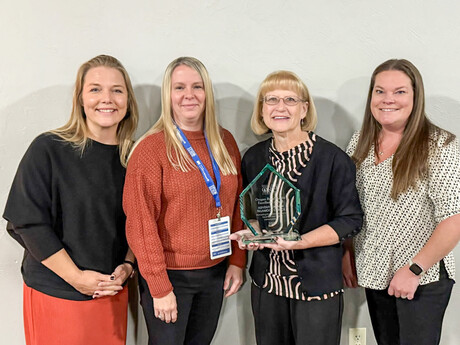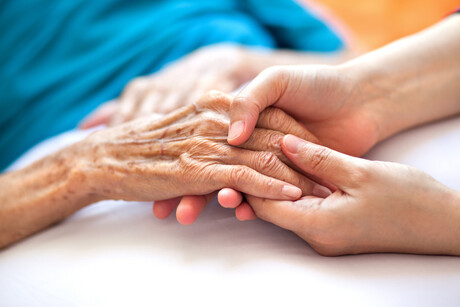Disappointment is a natural feeling when things don’t turn out the way we expect. When something happens to derail a much-anticipated event — such as the weather's impact on the Pathfinder Camporee this summer — how we deal with that disappointment can be an opportunity for growth.
Sarah Lundy, Adventist Health Portland licensed clinical social worker, shares four things adults can do to help kids cope with disappointment.
1. Recognize disappointment as a grief process.
“It’s important to validate and support kids to normalize what they’re feeling,” Lundy said. “A personal example can give kids permission to feel sad and talk about their experience. Try saying something like, 'You know, I’ve had things unexpectedly change. When that happens to me, I feel really sad or frustrated.'"
We can unintentionally put judgment on kids’ feelings by making “at least” statements such as, “At least you got to see your friends for a few days,” or “At least you made it home safely.”
“When we do this, we can inadvertently send a message that minimizes their experience,” Lundy added. “It’s important to show kids that all feelings are welcome at the table. They can say as much or as little as they want, but their feelings are not too big for grown-ups.”
The key is to make space for what they’re feeling without having guilt about those feelings.
2. Reduce anticipatory anxiety by building the sense of “I can handle this.”
“What happens in anxiety, particularly for children,” said Lundy, “is a belief that if something bad happens, I won’t be able to handle it. We can’t tell kids something like that won’t happen again, because we don’t know. Instead, we can talk about what we could do if that were to happen.”
Lundy suggested starting a conversation with, “I really believe you can get through that. Let’s talk about what that would look like. What would you need? What are your ideas?”
Start with the child’s natural ideas or sense of ability, and then help them be curious about what they could do. To conceptualize this, have kids write down 10 things they could do if something happened, such as 1. Call Mom and Dad, 2. Find a grown-up, 3. Find a friend, etc.
Keep the list of what they come up with. Place it in a location where kids can be reminded that if something unexpected happens they have a plan.
3. Be together and talk.
If a group of kids has negatively experienced something together, follow-up conversations can help them look forward to positive future moments. “You can help them repair negative experiences by looking toward experiences in the future,” Lundy said.
Facilitate conversation by having kids write on index cards one thing they missed about not having the get-together. Maybe they missed a game they love, swimming in the lake or a certain food.
Then, Lundy said, “Collect the index cards and read them to the group without naming who wrote it. As you go along, have kids raise their hands if they also missed that thing. Invite them to say something about what they missed and why.”
4. Recognize it’s okay for kids to struggle.
“As grown-ups, we want to solve things when kids are upset or have hurt feelings. We feel OK when they’re OK,” Lundy explained, “but it is a potentially rich learning experience for kids to go through disappointment and learn they can support each other and have a positive experience next time."
"Allowing kids to be uncomfortable, to feel sad and to cry with no clear solution is actually a really wonderful opportunity to build life skills and resilience over time," Lundy said.









